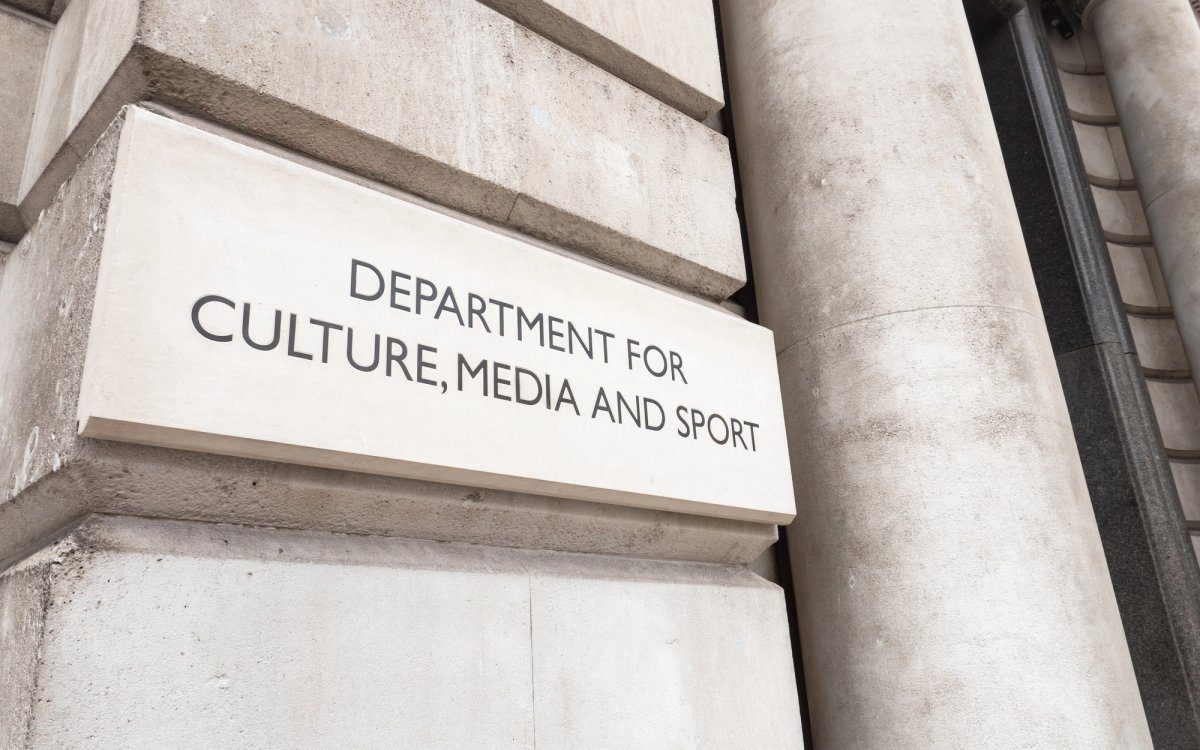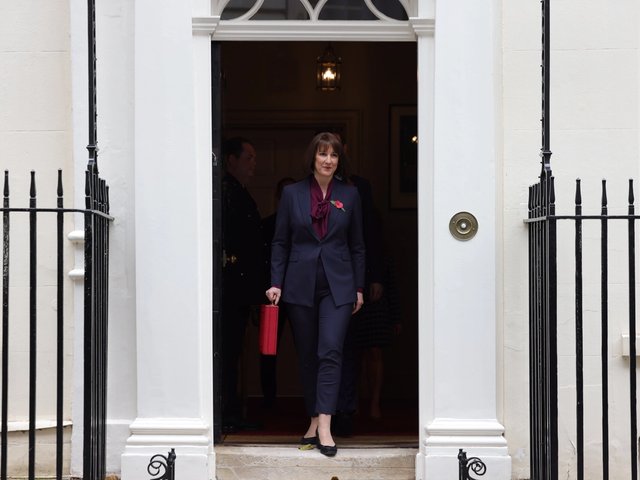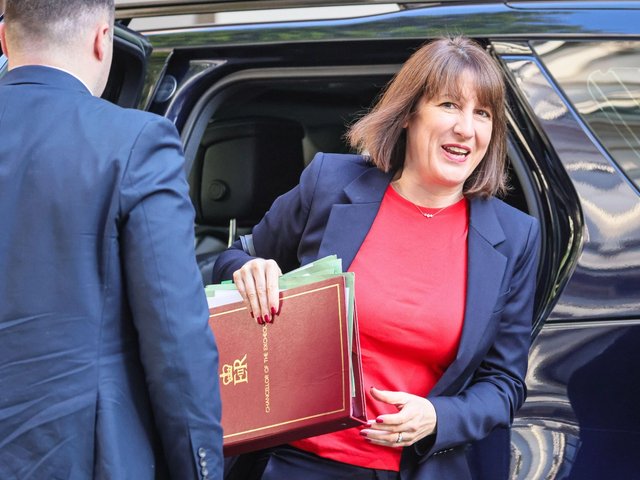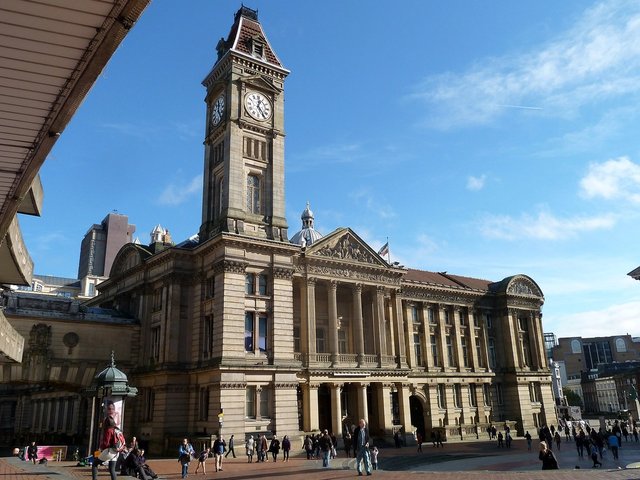The UK Department for Culture, Media and Sport (DCMS)—the government department responsible for funding and formulating policy for the UK arts sector—could be dismantled and absorbed into other UK government departments, according to The Sunday Times.
The Sunday Times reports that as part of a government overhaul, the team behind the Prime Minister, Keir Starmer, wants to abolish the DCMS, splitting it between the business department, the education department and the Treasury. Lisa Nandy, the secretary of state for Culture, Media and Sport, could subsequently be dismissed.
The Art Newspaper approach the DCMS regarding these reports, but the department declined to comment.
But what are the possible consequences of such a move? Bendor Grosvenor, an art historian and columnist at The Art Newspaper, says that dismantling the DCMS would be a short-sighted decision.
”There’s lots wrong with the department, but taking culture (the arts, heritage) out of [the government] Cabinet would be a mistake,” he writes on X. “The arts could probably go into [the] education [department]. But there’ll inevitably be funding cuts. A Cabinet minister is more able to lobby the Treasury for money than a junior minister in another department.”
Grosvenor instead calls for a radical reform of the DCMS. “It is made helpless by being so dependent on arms’ length bodies (ALBs). These mean the government spends money but has little control over it,” he writes.
The UK’s cherished “arm’s length principle” ensures that national museums and organisations such as Arts Council England can operate independently, without government interference.
The Liberal Democrats also oppose any plans to jettison the department. The party's culture, media and sport spokesperson, member of parliament for Cheltenham Max Wilkinson, tells The Art Newspaper: “Rumours that the Department of Culture, Media and Sport could be abolished with the wave of a hand will cause our creative industries a world of worry, not least that they’ll be left without a voice at the table of power.”
The government should be supporting the UK’s creative industries and reverse the “damaging plans” to sign away copyright protections for the benefit of giant AI firms, Wilkinson adds.
A former director of a UK cultural organisation, who prefers to remain anonymous, gives a different perspective, saying: “As I see it, there are two major problems with the DCMS—it’s too diverse in its portfolio and too ineffectual in lobbying the Treasury. Over the years, it has become the department of AOB [any other business], and it is difficult for the civil servants to cater for sports, gambling, museums and libraries at the same time.”
The churn of different secretaries of state for culture—12 in 14 years under the previous Conservative administration—has also been constant and weakened the efficacy of the DCMS, he adds. “Frankly, the majority did not seem to care much about their brief, and only Chris Smith [Labour Culture Secretary 1997-2001] and Ed Vaizey [former Tory culture minister] seemed committed to the role,” he adds.
Abolition and restructuring could be a positive, he argues. “Museums and libraries used to be under the old department of education, and that might be a more congenial home than their current one. As for the other briefs, I couldn’t say whether business or The Treasury would be a good fit.”
Last October the DCMS received a 2.6% real-terms increase in funding from the Chancellor Rachel Reeves, getting £2.3bn in total from 2025 to 2026 for capital spending on future projects. However, the Resource DEL figure (RDEL)—money spent on day-to-day resources and administration costs—was set at £1.5bn over three years (2023-26)—a drop in real terms of 2.5%
The DCMS says that one of its objectives is to “create opportunity for young people and enrich communities, alongside our arm’s length bodies and charities sector [42 organisations in total], by increasing participation in, and expanding access to, grassroots sports, arts and heritage, libraries and youth services.” Its other priorities include driving growth across creative industries and tourism and helping to level up local economies.





